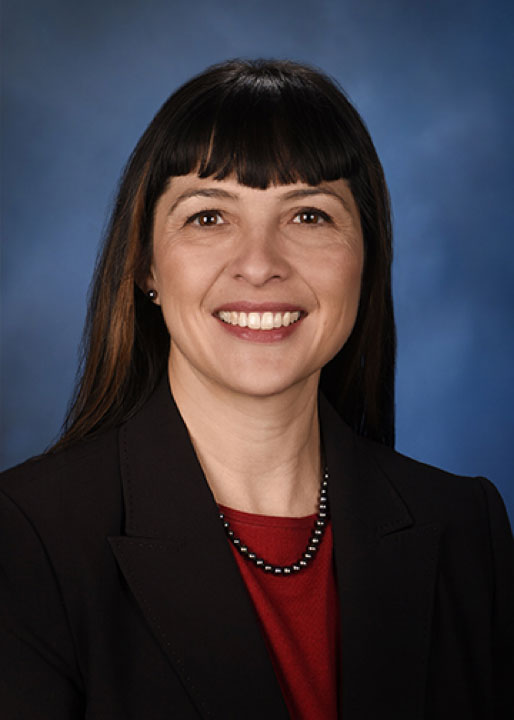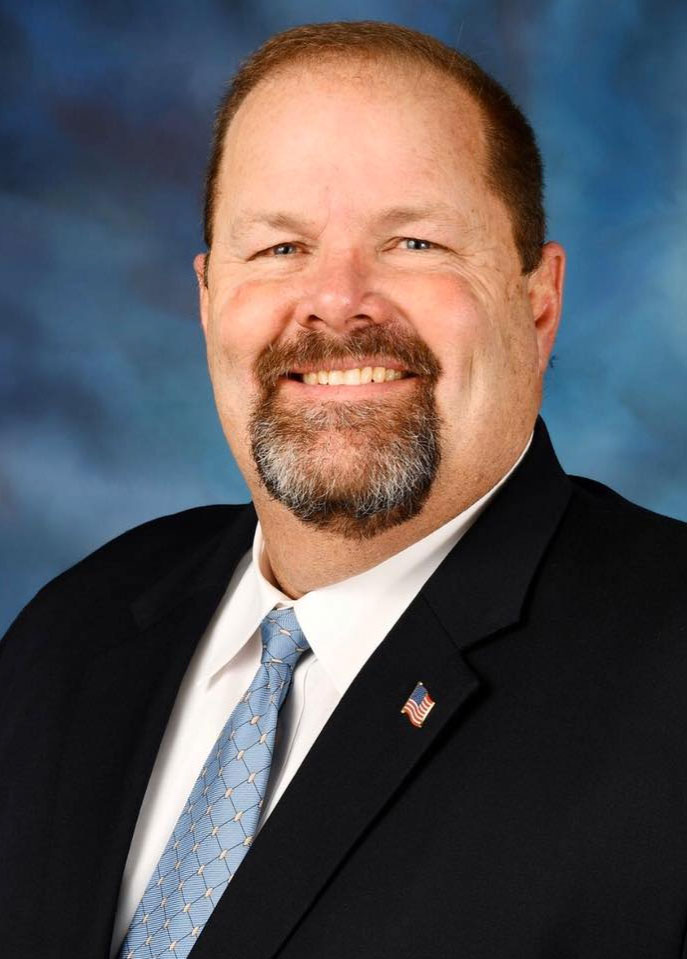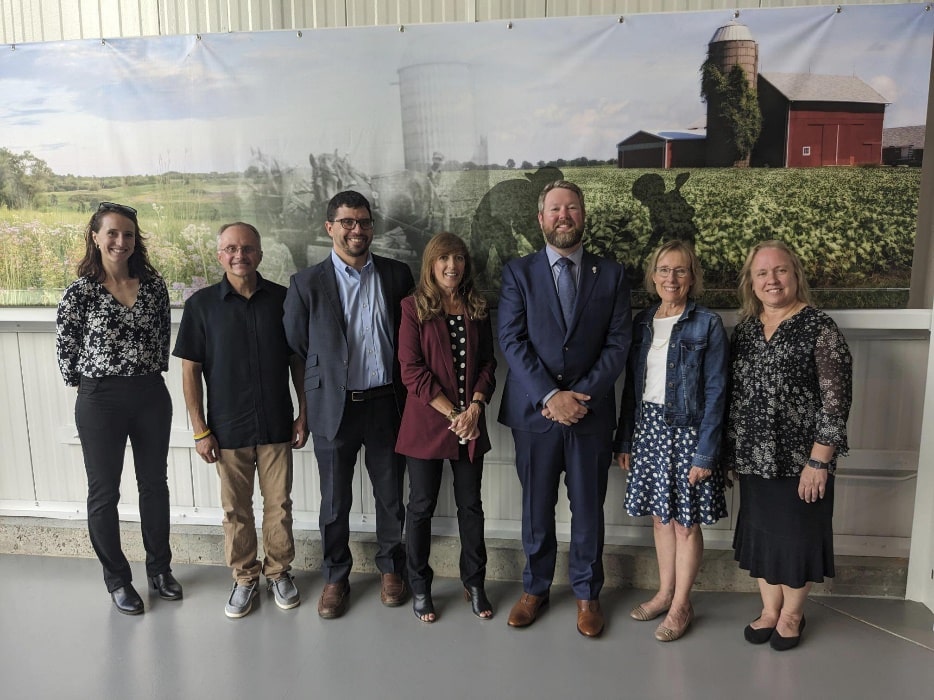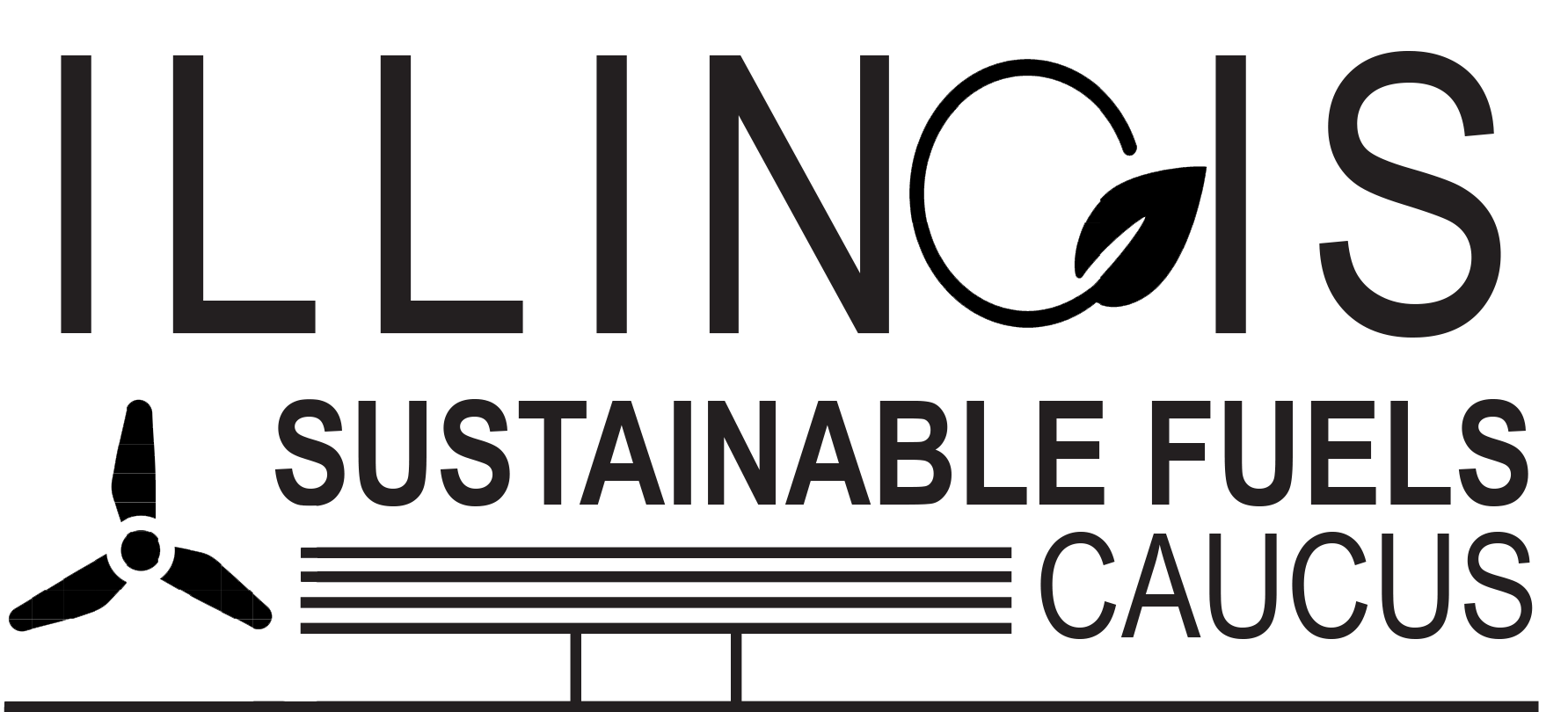Joining the Illinois Sustainable Fuels Caucus, facilitated by the Illinois Soybean Association, presents a valuable opportunity to gain comprehensive insights into Illinois’ unique and sustainable energy landscape. The Caucus is strategically focused on reducing the carbon footprint associated with energy production, reflecting a joint effort to explore and adopt renewable fuels and technologies. The Caucus aims to grasp the potential of innovative technologies in Illinois’ future green energy landscape. This understanding is geared toward fostering job creation, tackling economic, health, and environmental issues, and promoting a sustainable, inclusive approach to energy initiatives. By participating in the Illinois Sustainable Fuels Caucus, members can contribute to shaping policies and initiatives that advance the state’s transition toward sustainable energy. It provides a platform to exchange ideas, collaborate with industry experts, and contribute to the collective effort toward a more environmentally friendly and economically robust energy landscape in Illinois.
- The Daily Line: New legislative caucus to focus on growth of sustainable fuel sources New legislative caucus to focus on growth of sustainable fuel sources – The Daily Line
- Politico Playbook: New caucus: State Rep. Eva Dina Delgado and state Sen. Patrick Joyce have started the Sustainable Fuels Caucus in the Illinois General Assembly. “It’s designed to tackle the health and environment problems facing communities across the state with actionable policy changes today,” they said in a statement. Also in the caucus: State Reps. Dave Vella, Ann Williams, Dagmara Avelar and Terra Costa Howard. VP, guns and The Boss – POLITICO
- Daily Herald: A group of Illinois state representatives has announced a new caucus with a focus on legislation that advances sustainable fuels. State legislators form sustainable fuels caucus (dailyherald.com)
- Illinois Alliance for Clean Transportation: In honor of Illinois Alliance for Clean Transportation’s 30th anniversary, the Illinois House of Representatives voted on a resolution to make May 21, 2024 officially Illinois Alliance for Clean Transportation Day!
| Name | District | County | Party |
|---|---|---|---|
| Eva Dina Delgado | 3 | Cook County | D |
| Ann Williams | 11 | Cook County | D |
| Terra Costa Howard | 48 | DuPage County | D |
| Dave Vella | 68 | Winnebago County | D |
| Matt Hanson | 83 | Kendall County | D |
| Dagmara Avelar | 85 | Will County | D |
| Harry Benton | 97 | Kendall County | D |
| Jason Bunting | 106 | Livingston County | R |
| Name | District | County | Party |
|---|---|---|---|
| Patrick Joyce | 40th | Kankakee County | D |
| Don DeWitte | 33rd | Kane County | R |
| Steve McClure | 54th | Sangamon County | R |

Eva Dina Delgado
Representative

Patrick Joyce
Senator

From Left to Right Kaytlin Gilbert, IL Soybean Association; State Representative Matt Hanson; David Kubik, Illinois Soybean Association; State Senator Linda Holmes; State Representative Harry Benton; Representative from the Naperville Park District; Donna Wandke, Chief of Staff for State Representative Janet Yang Rohr.
Wind
Wind power uses turbines to harness the power of wind to generate electricity. The United States is home to one of the largest and fastest-growing wind markets in the world. The Energy Department invests in wind research and development projects, both on land and offshore, to advance technology innovations, create job opportunities and boost economic growth. For more information about wind power, please visit the Department of Energy’s website. Wind | Department of Energy
Solar
Solar power uses panels to harness the energy of the sun to generate electricity. The United States Department of Energy’s Solar Energy Technologies Office (SETO) supports funding opportunities on photovoltaics, concentrating solar-thermal power, systems integration, technology to market, and soft costs projects. Solar | Department of Energy
Biofuels
Biofuels, such as biodiesel and ethanol, are a type of renewable energy that are derived from crops, such as corn and soybeans, organic matter such as plants, and waste. The United States Department of Agriculture (USDA) has recently announced that it will make up to $800 million available to support biofuel producers and infrastructure, including $700 million to provide economic relief to biofuel producers and restore renewable fuel markets affected by the pandemic. USDA Biofuels Bioenergy | Department of Energy
The Sustainable Fuels Caucus mission is to center the state’s efforts to decarbonize around an educational framework, welcoming all the diverse voices in this space to educate on their vision for change. Legislators can learn about the many versions of sustainable fuels and technologies, gaining a better understanding of their unique impacts on both Illinois’ environment and economy. The bipartisan-bicameral caucus will give diverse perspectives from around the state and encourage open discussion and understanding amongst membership. Because of the diversity of our great state all members are welcome to develop their own ideas and policy preferences after hearing from the Caucus’ educational working committee and will not be subject to any caucus voting policy.
To providing legislators with insights into various sustainable fuels and technologies, fostering bipartisan discussions, and allowing members the freedom to form individual policy preferences after engaging with the Caucus’s educational working committee.
Biofuels, encompassing biodiesel, ethanol, and sustainable aviation fuel, stand at the forefront of the renewable energy revolution. Biodiesel, derived from organic sources, offers a cleaner alternative to conventional diesel, contributing to reduced greenhouse gas emissions. Ethanol, produced from crops like corn, plays a vital role in the transition to cleaner transportation fuels, blending seamlessly with gasoline. Sustainable aviation fuel, a cutting-edge biofuel for aircraft, addresses the aviation industry’s environmental impact. Together, these biofuels exemplify the potential of harnessing organic resources to propel various sectors towards a sustainable future, mitigating climate change and fostering a more eco-conscious energy landscape.
Biodiesel and sustainable aviation fuel serve as pivotal components in the clean energy landscape, offering eco-friendly alternatives to traditional fuels. Beyond these bio-based options, the transition to a sustainable energy future embraces a diverse array of sources. Solar energy harnesses the power of the sun, providing a renewable and abundant resource. Wind power utilizes the kinetic energy of the wind to generate electricity, contributing to a low-carbon energy mix. Additionally, hydropower, geothermal, and nuclear energy play crucial roles in diversifying the clean energy portfolio. This comprehensive approach, spanning from biofuels to solar, wind, and other renewable sources, underscores the collective effort required for a resilient and environmentally conscious energy transition.
llinois farmers are pacesetters in growing crops for the sustainable renewable clean fuels market, planting crops such as soybeans and corn to produce biofuels like biodiesel and ethanol. Embracing environmentally conscious practices, these farmers are not only contributing to the production of cleaner alternatives to traditional fuels but also utilizing these very fuels on their own farms. From biodiesel powering farm equipment to ethanol blending seamlessly with gasoline for transportation needs, Illinois farmers are demonstrating a sustainable, closed-loop system. By integrating renewable fuels into their operations, they exemplify a commitment to both agricultural innovation and environmental stewardship, showcasing the vital role agriculture plays in advancing a cleaner energy future.
